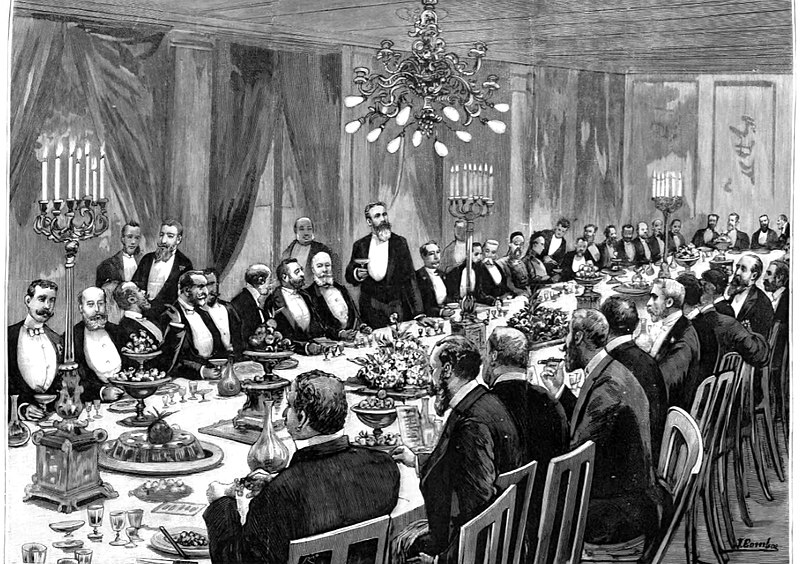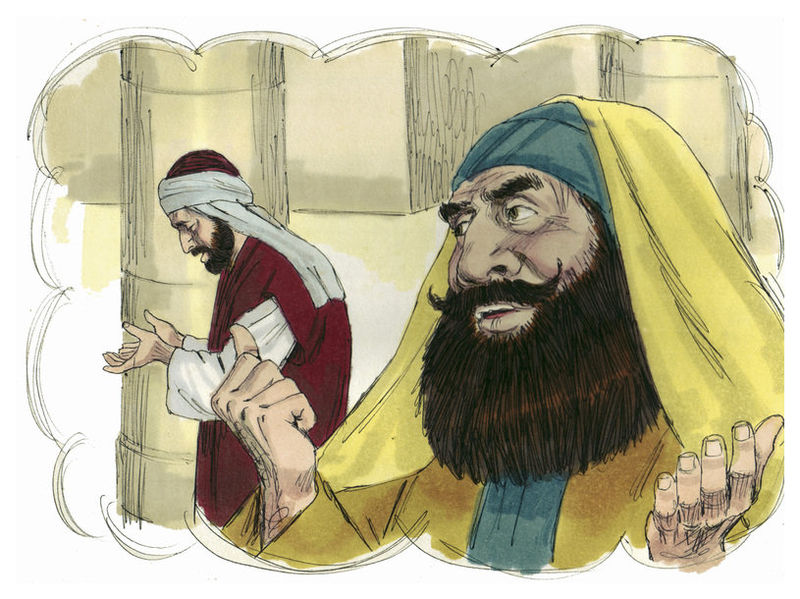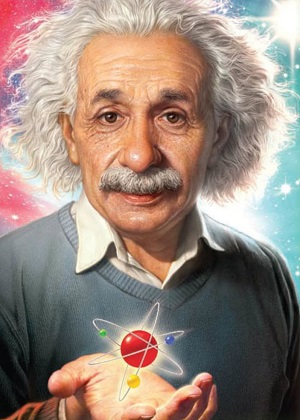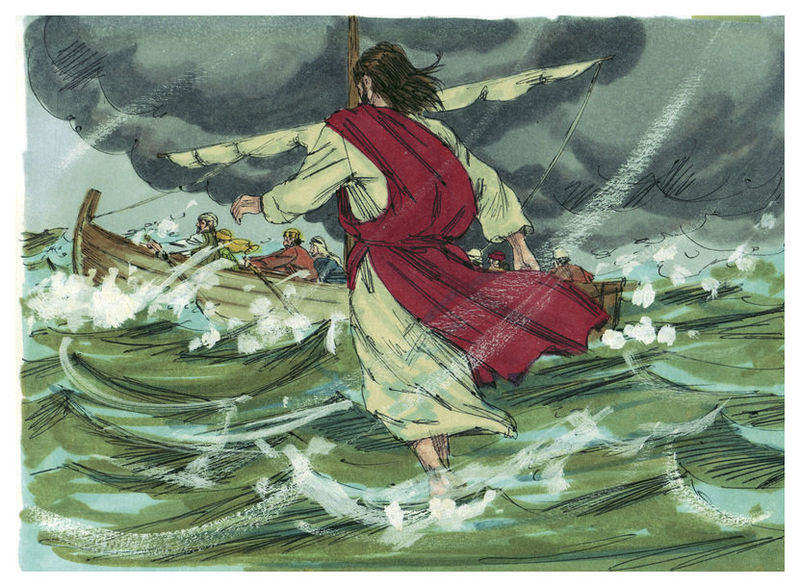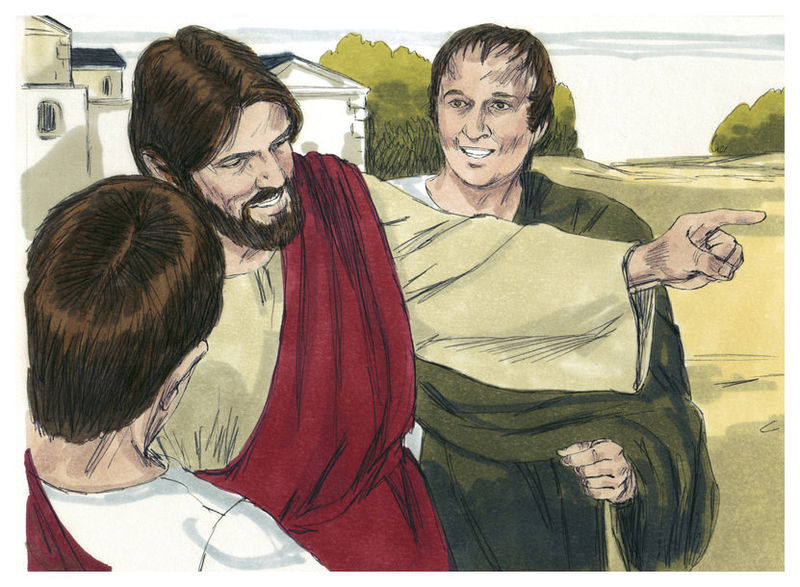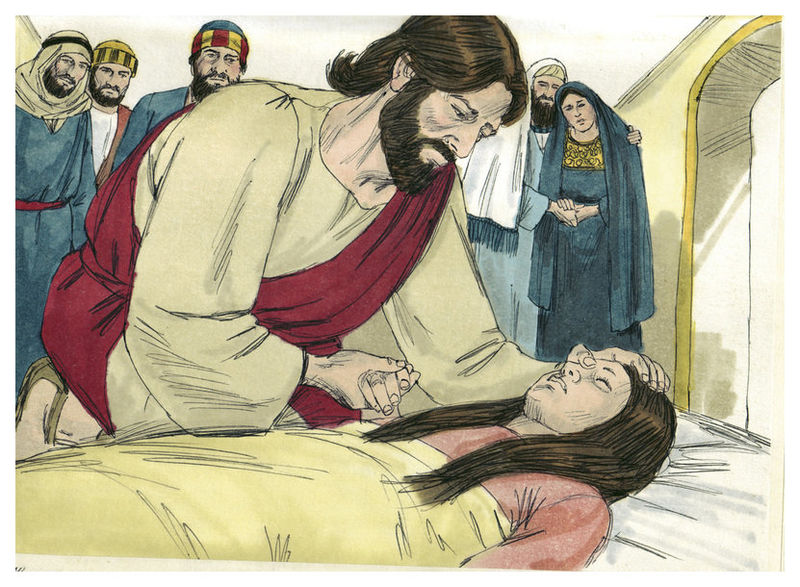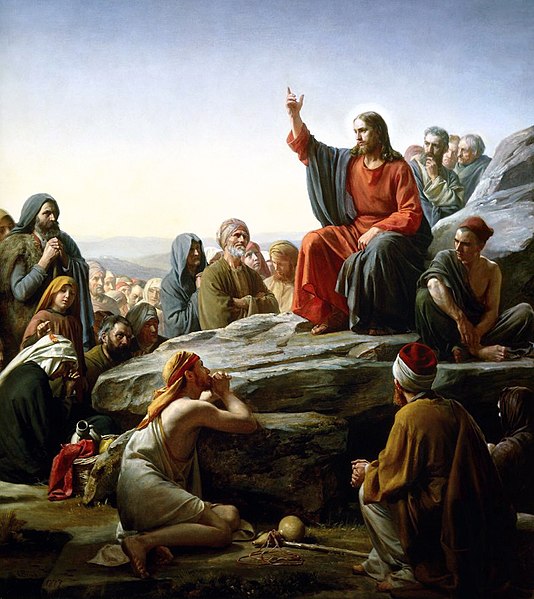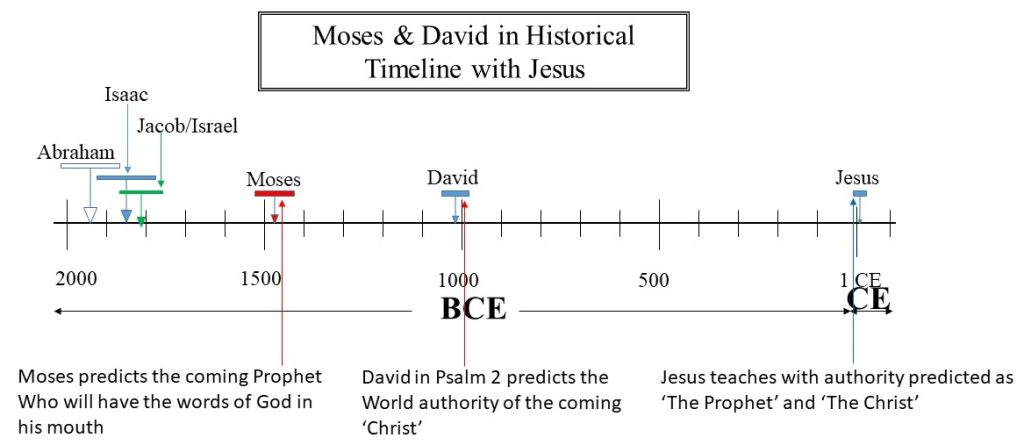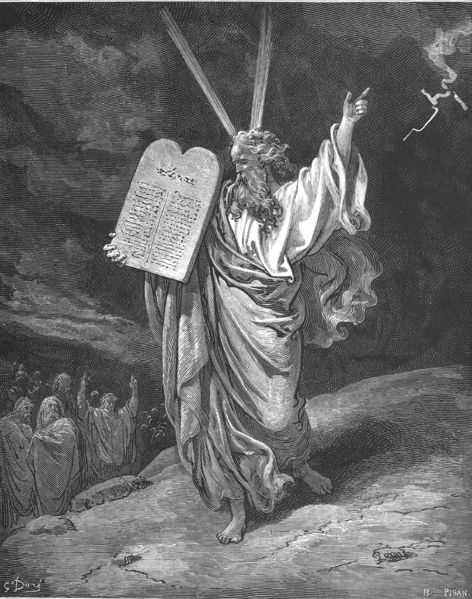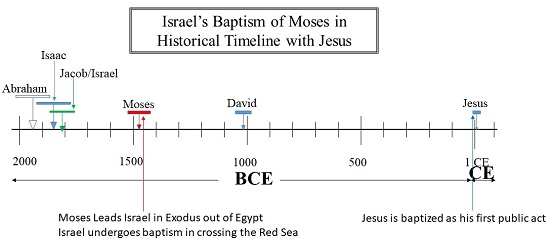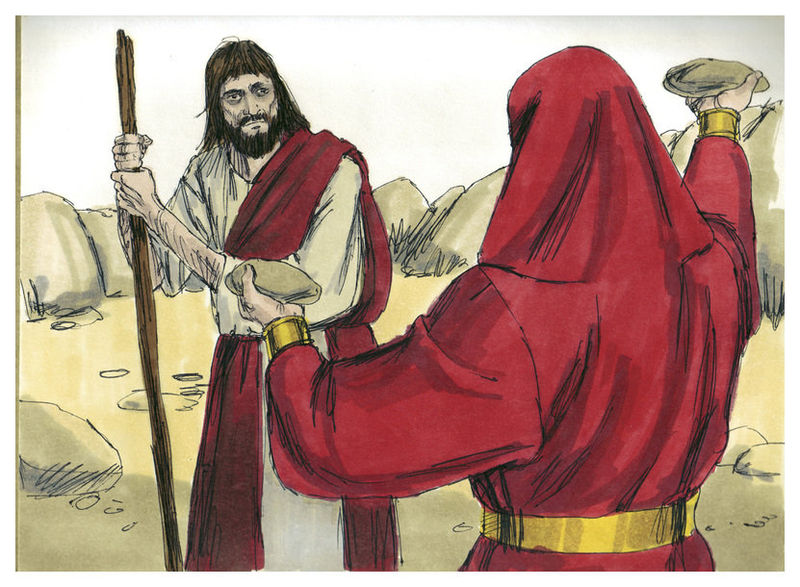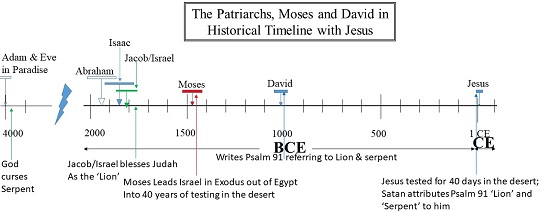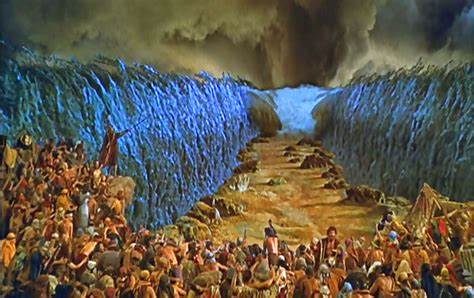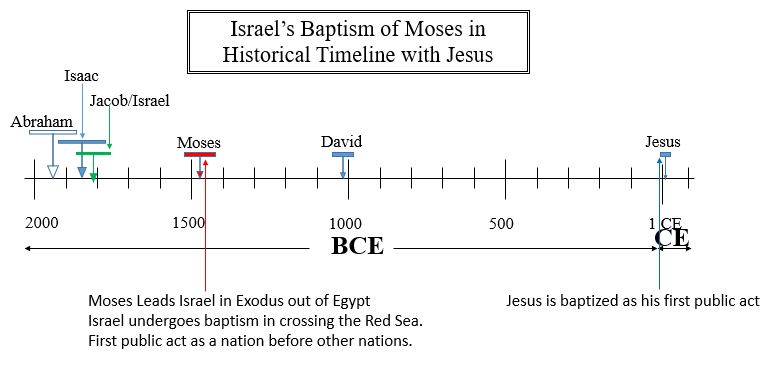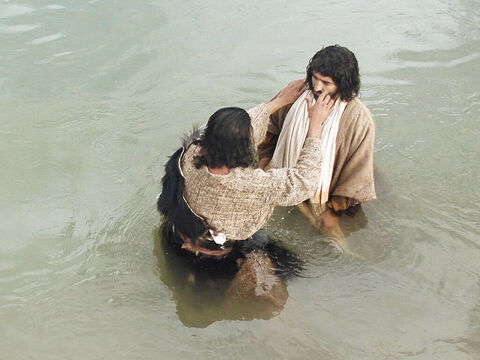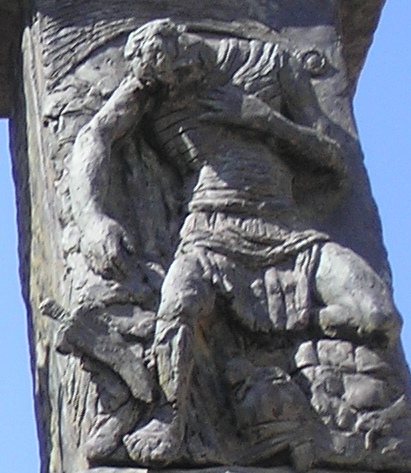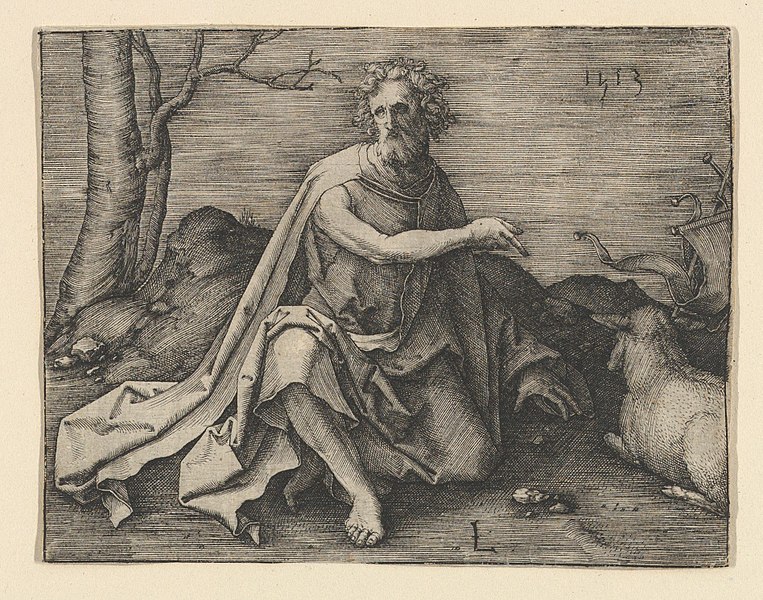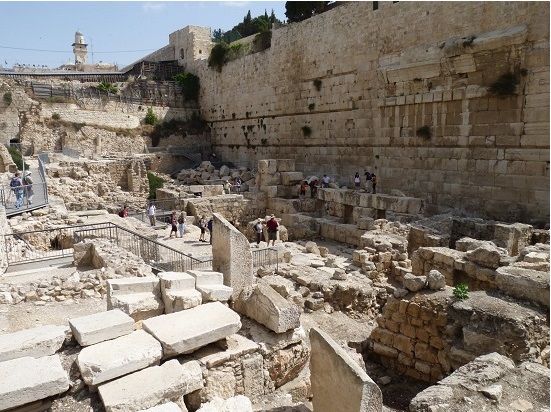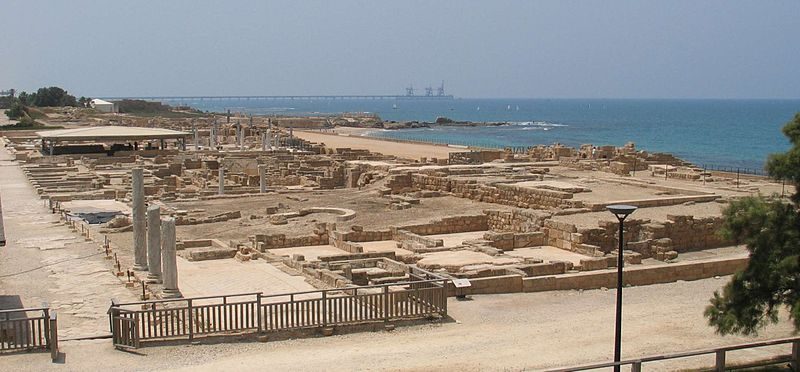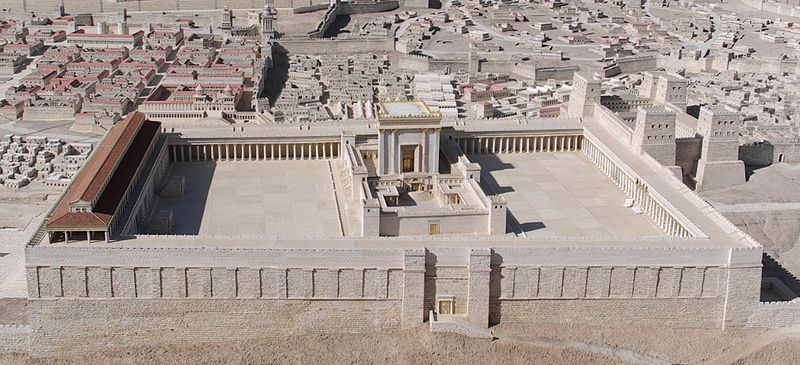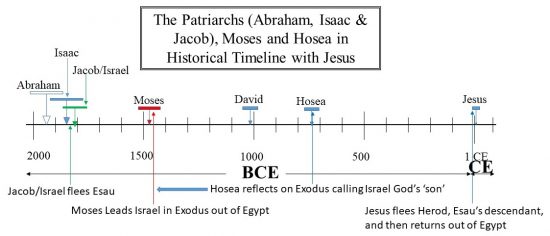Sergey Brin, son of Jewish Russian immigrants to the US, and Larry Page, whose mother is Jewish, co-founded Google together in 1998. In 2015, Google reorganized, placing itself under its newly created parent company ‘Alphabet’. Alphabet has grown from a company valued at $23 Billion when it went public in 2004 to a value of $1.7 Trillion in early 2022. Alphabet has become so valuable because its search capabilities transformed our ability to access information from anywhere on the planet.

Stansfield PL, CC BY-SA 3.0, via Wikimedia Commons

Joi Ito, CC BY 2.0, via Wikimedia Commons
Origins of the Alphabet
That two secular Jewish data scientist pioneers should launch such world-changing information technology and call it ‘Alphabet’ is ironic when one considers where the alphabet came from. Wikipedia tells us:
The history of the alphabet goes back to the consonantal writing system used for Semitic languages in the Levant in the 2nd millennium BCE. Most or nearly all alphabetic scripts used throughout the world today ultimately go back to this Semitic proto-alphabet.[1] Its first origins can be traced back to a Proto-Sinaitic script developed in Ancient Egypt to represent the language of Semitic-speaking workers and slaves in Egypt.
(wiki)
A Semitic people living as slaves in Ancient Egypt first developed the alphabet. That would be the Jews, freed by Moses’ leadership from Egyptian slavery. Delving deeper into the ‘Proto-Sinaitic’ script we learn that
… it is only with the Bronze Age collapse and the rise of new Semitic kingdoms in the Levant that Proto-Canaanite is clearly attested (Byblos inscriptions 10th–8th century BC, Khirbet Qeiyafa inscription c. 10th century BC)
(wiki)
The Alphabet: A Jewish Contribution to Mankind
In other words, the earliest ‘clearly attested’ alphabet-based writing came with the rise of Semitic (i.e., Jewish) Kingdoms in Canaan (i.e. Israel). The Khirbet Qeyifra inscription is the oldest alphabet-based writing yet discovered. It was discovered in an ancient Israelite city that dates to the time and kingdom of David. So let’s summarize what we know. The earliest alphabet was developed from Semitic slaves in Egypt (Moses leading Israelites out of Egyptian slavery). The earliest discovered script comes from an Israelite city in the time of King David.
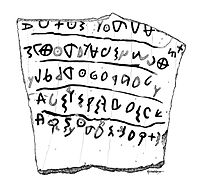
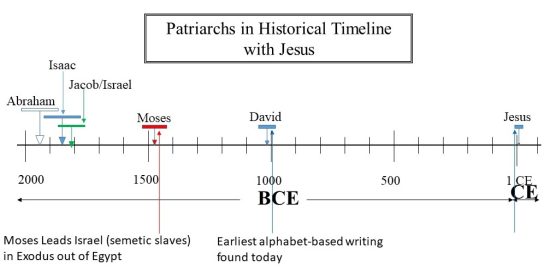
If not the outright developers, the ancient Israelites were most certainly central to the development of the first alphabet. Their ‘paleo-Hebrew’ alphabet then spawned the Aramaic, Brahmic, Greek, Latin, Arabic and other modern alphabets used today around the world. The letter names even today show the relationship. The first letter of our alphabet ‘a’, matches the first letter of the ancient Greek alphabet Alpha – α. The first letter of the Hebrew alphabet aleph – א, and the first letter of the Cyrillic alphabet – ‘а’ also correspond.
The Jewish Contribution to the Alphabets of today and yesterday
So, the evidence indicates that the ancient Jews contributed to the advance of civilization by developing and then spreading the alphabet as a writing system. And today, through the leadership of Larry Page and Sergey Brin, Jews have once again contributed to mankind through their IT company Alphabet. As they note
We liked the name Alphabet because it means a collection of letters that represent language, one of humanity’s most important innovations, and is the core of how we index with Google search!
Google blog
We have been exploring Jesus in relation to his people of origin – the Jews. But here we should pause to reflect on the vast contribution that Jews have made to mankind. That civilization is founded upon the rule of law, with no one above the law, with society invested in the education of its citizens has come about, in part, because of the influence of Jews. Now we learn that the simple, but profoundly powerful, alphabet is a gift from the Jewish people to the world.
The Transcendant Alphabet
But there remains still a third alphabet, also Jewish in origin, that has been offered to the world. In our context of ‘alphabet’ note the following.
“I am the Alpha and the Omega,” says the Lord God, “who is, and who was, and who is to come, the Almighty.”
Revelation 1:8
God describes Himself as the ‘Alpha’ (first letter of Greek alphabet) and the ‘Omega’ (the last letter). This is like saying, ‘I am the A to Z of everything, transcending knowledge, time and power’. Later in the same book we find Jesus saying:
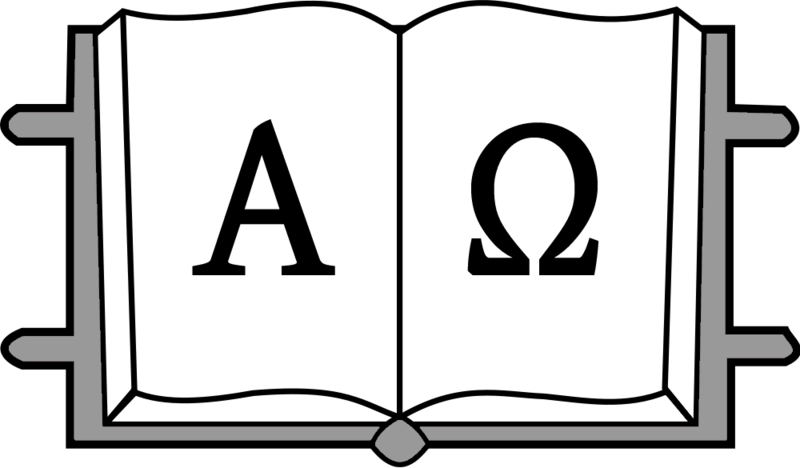
I am the Alpha and the Omega, the First and the Last, the Beginning and the End.
Revelation 22:13
Jesus adopts the same term. He uses the alphabet as the platform to declare himself to be the same as the ‘Lord God’ who had earlier used that expression.
How to understand, let alone believe, this?
Our Physical Reality seen from perspective of Virtual Reality
The rapid ascent of IT platforms offered by such companies as Alphabet and Meta provides a new insight to this question. Information Technology has moved mankind to the cusp of creating virtual reality Meta-Verses, with parallels to our own physical reality. Philosophers now raise questions about the mind and reality from these developments. As the BBC explains:

A simulation operated by super-powerful entities (IT companies) is, in many ways, equivalent to a Universe created by a divine being. And it begs similar questions – not least if you turn out to be one of the super-powerful entities in question. What kinds of risks and responsibilities accompany the god-like powers associated with operating simulated worlds?
… consider an inexperienced user of a virtual environment who doesn’t, for instance, know that the avatar they’re chatting to is being controlled by a corporate AI rather than a human. This is a scenario in which an informational asymmetry – the fact that the user is profoundly deceived about the nature of the interaction – may be connected to all kinds of manipulation or exploitation. Contrast this with an experienced user of a virtual environment who is hanging out with some avatars controlled by (human) friends as well as an AI-controlled avatar that’s telling them stories beside a virtual campfire. This is a very different prospect. What’s playing out here is a potentially life-enhancing encounter in an artificial realm – its pleasures derived from a knowing combination of verisimilitude and fictionality.
(The man rethinking the definition of reality – BBC Future)
The corporate AI, the ‘creator’ of their meta-verse can enter its virtual reality as an algorithm-powered avatar. When it does so, there is a sense that the AI-avatar should declare itself to simple human avatars. Not doing so would be unfair, according to ethicists and philosophers who ponder what encounters we can anticipate in the coming virtual reality meta-verses.
Jesus through the Virtual Reality Lens
Consider now the following discourse of Jesus from that lens.
“Very truly I tell you Pharisees, anyone who does not enter the sheep pen by the gate, but climbs in by some other way, is a thief and a robber. 2 The one who enters by the gate is the shepherd of the sheep. 3 The gatekeeper opens the gate for him, and the sheep listen to his voice. He calls his own sheep by name and leads them out. 4 When he has brought out all his own, he goes on ahead of them, and his sheep follow him because they know his voice. 5 But they will never follow a stranger; in fact, they will run away from him because they do not recognize a stranger’s voice.” 6 Jesus used this figure of speech, but the Pharisees did not understand what he was telling them.
7 Therefore Jesus said again, “Very truly I tell you, I am the gate for the sheep. 8 All who have come before me are thieves and robbers, but the sheep have not listened to them. 9 I am the gate; whoever enters through me will be saved. They will come in and go out, and find pasture. 10 The thief comes only to steal and kill and destroy; I have come that they may have life, and have it to the full.
11 “I am the good shepherd. The good shepherd lays down his life for the sheep. 12 The hired hand is not the shepherd and does not own the sheep. So when he sees the wolf coming, he abandons the sheep and runs away. Then the wolf attacks the flock and scatters it. 13 The man runs away because he is a hired hand and cares nothing for the sheep.
14 “I am the good shepherd; I know my sheep and my sheep know me— 15 just as the Father knows me and I know the Father—and I lay down my life for the sheep. 16 I have other sheep that are not of this sheep pen. I must bring them also. They too will listen to my voice, and there shall be one flock and one shepherd. 17 The reason my Father loves me is that I lay down my life—only to take it up again. 18 No one takes it from me, but I lay it down of my own accord. I have authority to lay it down and authority to take it up again. This command I received from my Father.”
19 The Jews who heard these words were again divided. 20 Many of them said, “He is demon-possessed and raving mad. Why listen to him?”
21 But others said, “These are not the sayings of a man possessed by a demon. Can a demon open the eyes of the blind?”
Further Conflict Over Jesus’ Claims
22 Then came the Festival of Dedication at Jerusalem. It was winter, 23 and Jesus was in the temple courts walking in Solomon’s Colonnade. 24 The Jews who were there gathered around him, saying, “How long will you keep us in suspense? If you are the Messiah, tell us plainly.”
25 Jesus answered, “I did tell you, but you do not believe. The works I do in my Father’s name testify about me, 26 but you do not believe because you are not my sheep. 27 My sheep listen to my voice; I know them, and they follow me. 28 I give them eternal life, and they shall never perish; no one will snatch them out of my hand. 29 My Father, who has given them to me, is greater than all; no one can snatch them out of my Father’s hand. 30 I and the Father are one.”
31 Again his Jewish opponents picked up stones to stone him, 32 but Jesus said to them, “I have shown you many good works from the Father. For which of these do you stone me?”
33 “We are not stoning you for any good work,” they replied, “but for blasphemy, because you, a mere man, claim to be God.”
34 Jesus answered them, “Is it not written in your Law, ‘I have said you are “gods”’? 35 If he called them ‘gods,’ to whom the word of God came—and Scripture cannot be set aside— 36 what about the one whom the Father set apart as his very own and sent into the world? Why then do you accuse me of blasphemy because I said, ‘I am God’s Son’? 37 Do not believe me unless I do the works of my Father. 38 But if I do them, even though you do not believe me, believe the works, that you may know and understand that the Father is in me, and I in the Father.” 39 Again they tried to seize him, but he escaped their grasp.
John 10: 1-39
Ethicists urge virtual reality creators to openly declare any of their avatars which come from them, the AI creators. In this light Jesus’ declarations as sent from the Father makes perfect sense. He took responsibility for full ‘informational symmetry’ with his hearers.
Jesus as the ‘Word’ of God
This is what the Gospel means when it introduces Jesus as the ‘Word of God’.
In the beginning was the Word, and the Word was with God, and the Word was God. 2 He was with God in the beginning. 3 Through him all things were made; without him nothing was made that has been made. 4 In him was life, and that life was the light of all mankind. 5 The light shines in the darkness, and the darkness has not overcome[a] it.
6 There was a man sent from God whose name was John. 7 He came as a witness to testify concerning that light, so that through him all might believe. 8 He himself was not the light; he came only as a witness to the light.
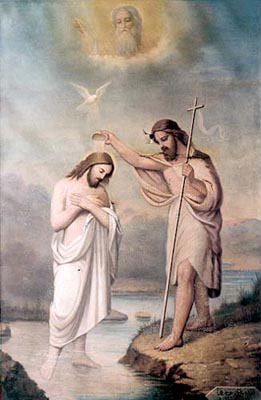
Daoud Corm, PD-US-expired, via Wikimedia Commons
9 The true light that gives light to everyone was coming into the world. 10 He was in the world, and though the world was made through him, the world did not recognize him. 11 He came to that which was his own, but his own did not receive him. 12 Yet to all who did receive him, to those who believed in his name, he gave the right to become children of God— 13 children born not of natural descent, nor of human decision or a husband’s will, but born of God.
14 The Word became flesh and made his dwelling among us. We have seen his glory, the glory of the one and only Son, who came from the Father, full of grace and truth.
15 (John testified concerning him. He cried out, saying, “This is the one I spoke about when I said, ‘He who comes after me has surpassed me because he was before me.’”) 16 Out of his fullness we have all received grace in place of grace already given. 17 For the law was given through Moses; grace and truth came through Jesus Christ. 18 No one has ever seen God, but the one and only Son, who is himself God and is in closest relationship with the Father, has made him known.
John 1:1-18
Computer code is the foundational information source upon which the Big Tech companies build their virtual realities. In the same way, the Gospel presents Jesus as the information source which developed our physical reality. Thus, it represents him as the ‘Word’ of God. Knowing the immense talent, skill and work needed to code the emerging IT virtual realities informs us of the A-to-Z complete know-how required to produce our physical reality.
The Transcendant Reality
But the Gospel does not stop simply by stating the source of our physical reality. It describes another reality, more fundamental than this one. As Jesus said:
Once more Jesus said to them, “I am going away, and you will look for me, and you will die in your sin. Where I go, you cannot come.”
22 This made the Jews ask, “Will he kill himself? Is that why he says, ‘Where I go, you cannot come’?”
23 But he continued, “You are from below; I am from above. You are of this world; I am not of this world. 24 I told you that you would die in your sins; if you do not believe that I am he, you will indeed die in your sins.”
25 “Who are you?” they asked.
“Just what I have been telling you from the beginning,” Jesus replied. 26 “I have much to say in judgment of you. But he who sent me is trustworthy, and what I have heard from him I tell the world.”
27 They did not understand that he was telling them about his Father. 28 So Jesus said, “When you have lifted up[a] the Son of Man, then you will know that I am he and that I do nothing on my own but speak just what the Father has taught me. 29 The one who sent me is with me; he has not left me alone, for I always do what pleases him.” 30 Even as he spoke, many believed in him.
John 8:21-30
Jesus talks about another reality, another world, which we cannot access. To understand why it is inaccessible to us we need to see some problems that Meta (formerly Facebook) is having in the development of its Meta-Verse.





